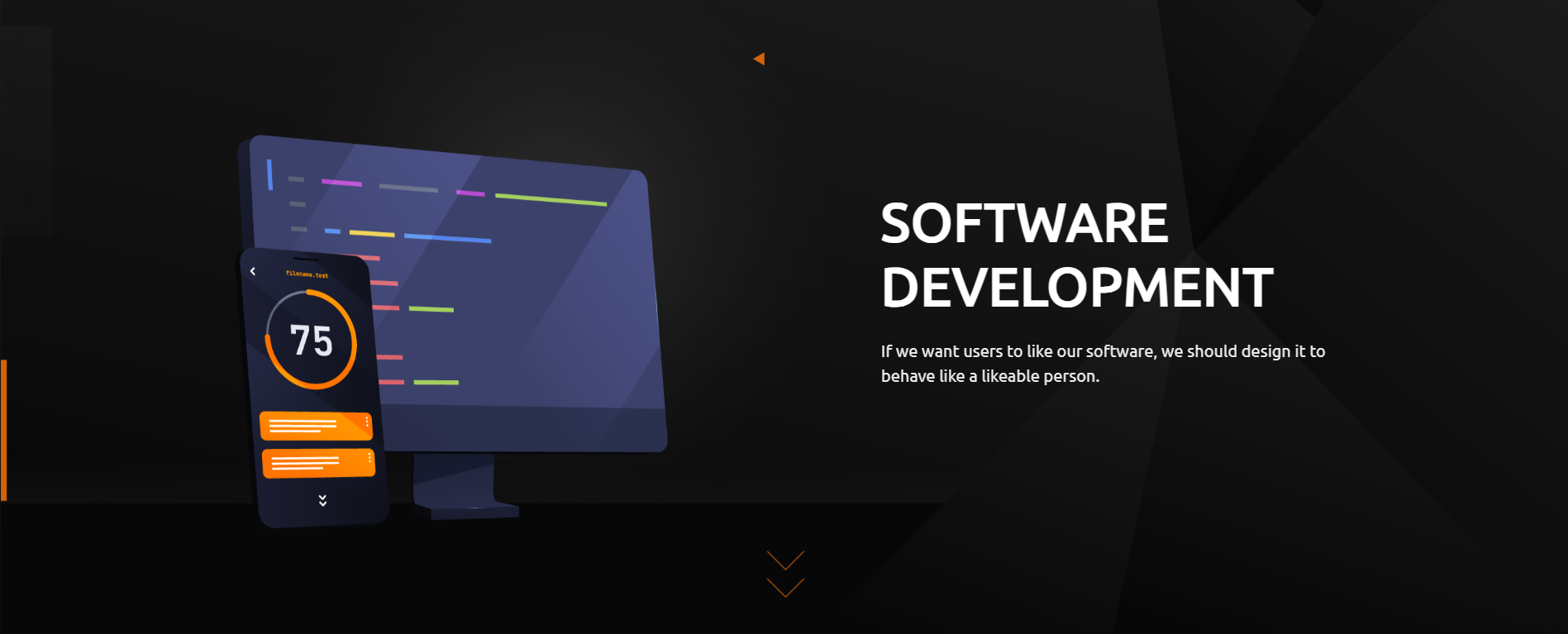Software Development
Software development refers to the process of designing, coding, testing, and maintaining software applications. It encompasses a variety of methodologies, tools, and practices to create software that meets user needs. Here are some key components of software development:
Requirements Gathering: Understanding what the users need from the software, often through interviews, surveys, and analysis of existing systems.
Design: Creating a blueprint for the software, which includes architectural design, user interface design, and database design.
Coding: Writing the actual code using programming languages such as Java, Python, C#, JavaScript, and others. This is where the software is built according to the design specifications.
Testing: Verifying that the software works as intended. This includes various types of testing, such as unit testing, integration testing, system testing, and user acceptance testing.
Deployment: Releasing the software to users. This can involve installing the software on user machines, deploying it to servers, or making it available as a cloud service.
Maintenance: Ongoing support and updates to fix bugs, improve performance, and add new features based on user feedback.
Version Control: Using systems like Git to manage changes to the codebase, allowing multiple developers to collaborate effectively.
Agile Development: A popular methodology that emphasizes iterative development, where requirements and solutions evolve through collaboration between cross-functional teams.
Documentation: Creating user manuals, technical documentation, and code comments to help users and developers understand the software.
DevOps: A practice that combines software development (Dev) and IT operations (Ops) to shorten the development lifecycle and deliver high-quality software continuously.

